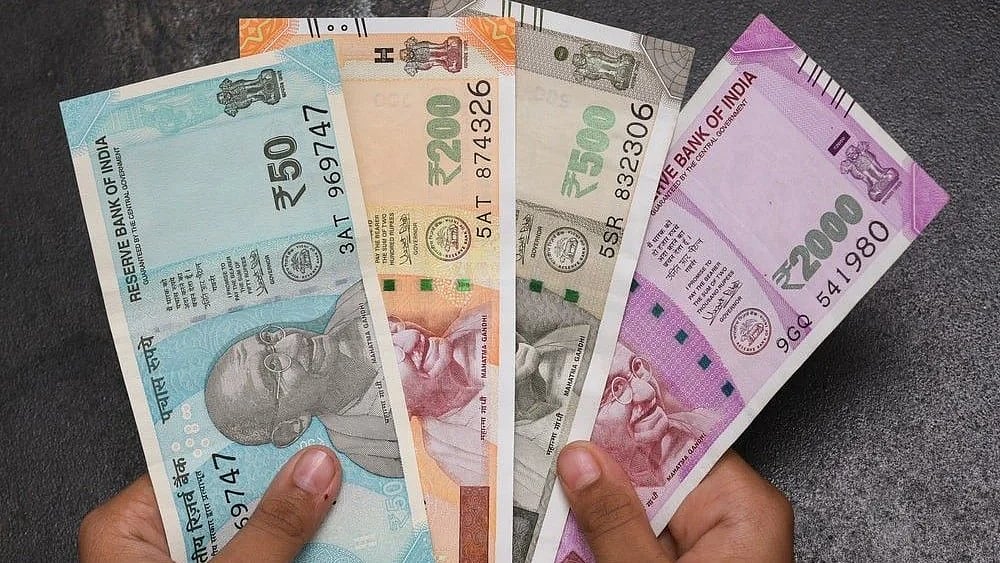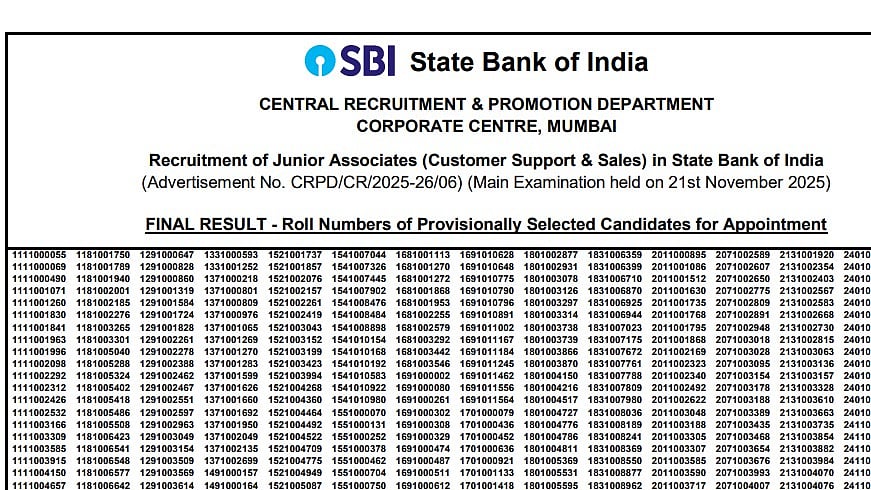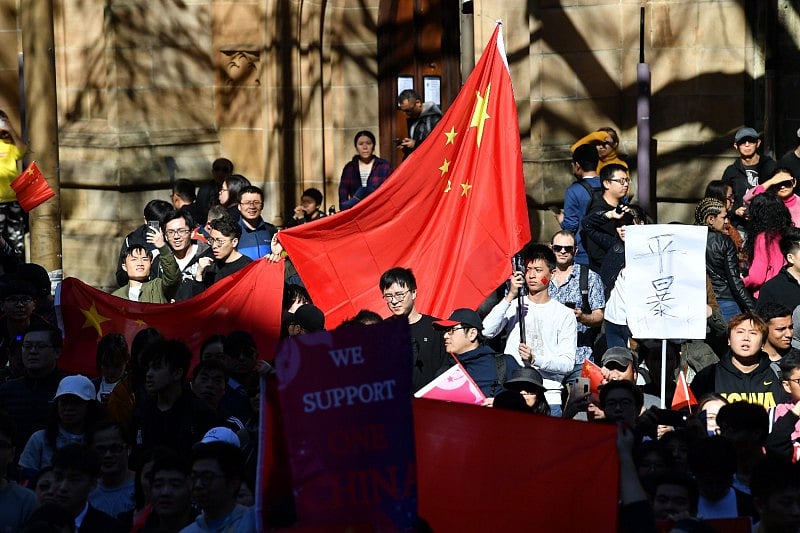Justice is an imaginary concept because those who get it are those who can pay top lawyers while those who cannot, dare not approach a polyvocal Supreme Court. This is why Law Minister Kiren Rijiju’s axiom of a cordial relationship between the government and the judiciary is worrying. Perhaps that may explain why the top court initially did not come to the migrants’ rescue in 2020.
Compare the alacrity with which retired Justice Indu Malhotra was appointed to probe the breach of security in Punjab for Prime Minister Narendra Modi with the tardiness of the apex court to issue directions in the petitions against those at Haridwar in Uttar Pradesh who called for genocide against the Muslims. What makes Rijiju happy should make us unhappy. It took over 76 public intellectuals, like a retired Admiral of the Indian Navy, and retired Justice Madan Lokur to point out the Supreme Court seemed to have abdicated its responsibility to uphold the fundamental rights of civil society.
This may explain why today there are few dissenting judgments in the apex court which sits in benches of two or more, unlike the 25 high courts where judges sit singly. Agreeing with the government is easy when the latter decides who will enter the Supreme Court. The government will never allow maverick judges like Akil Kureshi to enter the Supreme Court for consent guarantees ascent within the judiciary while great dissenters like the late Justice K Subba Rao, who dissented 48 times during his nine-year-term in the Supreme Court will never be replicated.
Broadly speaking, there are three types of judgments, the majority judgments, the concurring judgments and the dissenting verdicts. Conservative judgments stay strictly within the law while liberal judgments like the Ayodhya and Rafale judgments are delivered by forward-looking judges who look forward to post-retirement sinecures.
These liberal judgments traverse beyond law to be influenced by economics, politics + religion of contemporary society. Even dissenting judges will not risk offending the same society from where they have been elevated, opined an advocate well-known for his dissenting arguments, Mathews Nedumpara, who founded the National Lawyers Campaign for Judicial Transparency and Accountablity.
Majority verdicts are delivered by judges who agree, perhaps not in frequently, with the government perspective. Conversely, concurring judgments must give reasons which differ from the majority. But a dissenting judgment takes courage and skills to point out the flaws in the reasoning of their brother judges. These dissenting judgments are scholarly expositions of the law, upholding the people’s rights against state oppression.
Dissenting judges like M Hidyatullah declared in the habeas corpus case that life existed before the Constitution came into force which was why it could not be suspended during an Emergency. Such dissenting judgments uphold democracy while majority verdicts may succumb to autocracy. The unanimous five-judge Ayodhya judgment was exactly what the government wanted. And the five judges celebrated their unanimous verdict at Taj Mansingh hotel in Delhi to uphold their conviviality. Two of them were future CJIs. Soon after he retired, CJI Sharad Bobde visited the RSS shrine at Nagpur, which betrayed his ideology, for an ideal judge keeps a blank mind.
This is why great minds like those of the former CJIs Ranjan Gogoi, Sharad Bobde and our future CJI D Y Chandrachud find it much easier to conform to than confront the government on emotive issues of religion, or foreign policy. This is why the Supreme Court junked a petition asking the judiciary to direct the Modi government to take action against China which used the coronavirus to commit genocide. And in Kerala, a judge imposed hefty costs on a litigant for daring to challenge Modi’s mugshot on his vaccination certificate.
Rarely, very rarely, and in secrecy, a chief minister may direct a judge what to write, as Justice Ranjan Gogoi confessed in his book, Justice for the Judge, describing how a former Assam chief minister Tarun Gogoi, told his (Justice Gogoi’s) mother to influence his judgment. The government is interested injust 0.5per cent of the cases before the apex court while it is indifferent to the rest.
Having judges like former Justice Arun Mishra in the Supreme Court who was an unabashed admirer of Prime Minister Narendra Modi minimises dissent just as the former CJI P N Bhagwati congratulated the late Prime Minister Indira Gandhi on her electoral success just as he congratulated the Janata Party prior to that. Judges like Arun Mishra and Bhagwati may have always looked forward to their careers.
The last dissenting judgment which made waves was J Chelameswar’s dissent in the NJAC case, which struck down the 99th amendment and the NJAC Act, as it encroached on judicial independence. Chelameswar declared the collegium was a cabal of opacity where a CJI or some other senior judge proposed his own candidate for elevation as a judge with the favour being returned. Since October 2017, Chelameswar succeeded in getting the then CJI Deepak Misra to upload collegium resolutions.
The next crop of seven future CJIs are also unlikely to challenge the diktat of populist governments. India’s first-ever woman CJI will have a tenure of three months but she is no iron lady who will oppose tradition. Her counterpart in Pakistan, Justice Ayesha Malik, an Oxbridge elitist, has been appointed to Pakistan’s Supreme Court despite strong opposition from President Abdul Latif Afridi and the Pakistan Bar Council. Like Justice Bangalore Nagarathna, she too may consent but not dissent.
And so, behind-the-scenes, a judge like Ranjan Gogoi is happy when his daughter marries the son of the late Justice Valmiki Mehta, just as Justice Shelat was allegedly unhappy when a brother of the late Justice Bhagwati refused to marry his daughter, according to Supreme Whispers by Abhinav Chandrachud. These are human failings, which make us realise that judges, like the rest of us, eat, drink and arrange marriages for their offspring with other judges’ offspring in the hope that one day, their offspring might also make it to the Supreme Court. It is all in the family, one might conclude.





